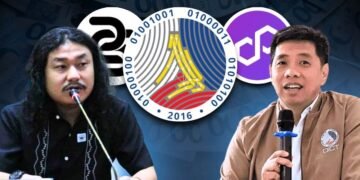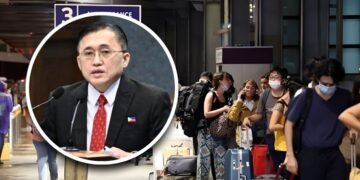Syria has entered a new and uncertain era as Ahmad al-Sharaa, a former militant leader, has been appointed as the country’s transitional president following the overthrow of Bashar al-Assad.
The announcement, made by Syria’s Military Operations Command, signals a complete shake-up of the nation’s power structure, including the suspension of the constitution, the dissolution of parliament, and the dismantling of the Assad regime’s military and ruling Baath Party.
Who is Ahmad al-Sharaa?
Al-Sharaa, formerly known as Abu Mohammad al-Jolani, has a history that raises eyebrows. He first gained notoriety as a foreign fighter opposing the U.S. invasion of Iraq in 2003 before landing in Camp Bucca, a U.S.-run prison that became a notorious breeding ground for extremist networks.
Upon his release, he returned to Syria and formed Jabhat al-Nusra, which initially operated as al-Qaeda’s Syria affiliate before he later distanced the group from the global terror network in 2016.
Since then, his faction—now known as Hayat Tahrir al-Sham (HTS)—has sought to present itself as a governing force, controlling large swathes of Idlib province and providing basic services to millions of people. However, his past affiliations continue to spark concern and controversy about what his leadership means for Syria’s future.
A New Syria or More of the Same?
Al-Sharaa has promised to rebuild Syria after more than a decade of civil war that left over 300,000 dead and millions displaced. In his first statement as transitional president, he acknowledged that the Assad regime left behind deep societal, economic, and political wounds, vowing to work toward national recovery.
But can a leader with ties to Syria’s militant insurgency truly unite a country torn by years of violence and foreign intervention? The international community is watching closely.
With the U.S., Russia, and regional powers all invested in Syria’s fate, Al-Sharaa’s rule could either usher in much-needed stability—or deepen divisions.
For now, Syria stands at a crossroads, and the world waits to see if this drastic shift in leadership will bring peace or further conflict.












